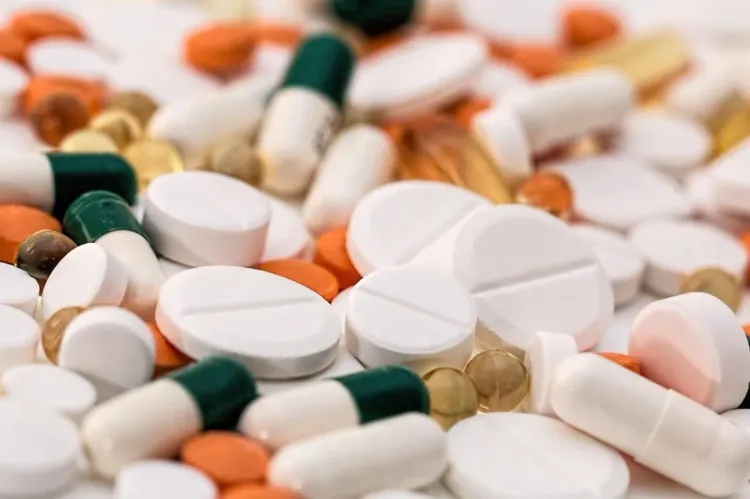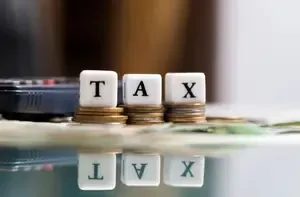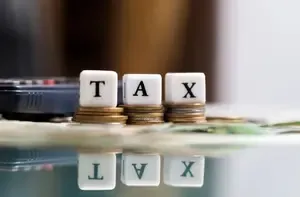What are the New Ceiling Prices for Emergency Medicines and Antibiotics?

Synopsis
Key Takeaways
- Ceiling prices set for emergency-use medicines.
- Prices aim to improve accessibility to essential medications.
- Manufacturers must comply with new pricing regulations.
- Non-compliance could lead to legal penalties.
- Focus on both affordability and public health.
New Delhi, Aug 8 (NationPress) The Union government has established a ceiling price for four emergency-use medicines and 37 additional drug formulations, including antibiotics and painkillers.
These prices were set by the National Pharmaceutical Pricing Authority (NPPA), covering treatments for a variety of conditions such as infections, heart issues, inflammation, diabetes, and vitamin deficiencies.
The NPPA stated, "Manufacturers offering branded, generic, or both variations of these medicines at prices exceeding the ceiling price (plus GST) must reduce their prices to comply with the ceiling limit..."
Manufacturers with a Maximum Retail Price (MRP) below the ceiling price will continue to keep their existing MRP, as noted by the NPPA.
The emergency-use medications include Ipratropium, which helps prevent wheezing, shortness of breath, coughing, and chest tightness in chronic obstructive pulmonary disease patients, with a ceiling price set at Rs 2.96 per ml.
For Sodium Nitroprusside, an injectable used to quickly lower blood pressure during hypertensive emergencies and surgeries, the fixed price is Rs 28.99 per ml. Meanwhile, Diltiazem, for treating high blood pressure and chest pain, is priced at Rs 26.72 per capsule, and Povidone Iodine, used for skin disinfection, is set at Rs 6.26 per gram.
Other medications that have seen a price reduction include paracetamol, atorvastatin, amoxycillin, and metformin.
One notable formulation affected is a combination of Aceclofenac, Paracetamol, and Trypsin Chymotrypsin, which serves as an anti-inflammatory and cardiovascular treatment, alongside a mix of Atorvastatin 40 mg and Clopidogrel 75 mg.
The NPPA has emphasized that the listed prices exclude GST, which may be added if applicable.
Retailers and dealers are mandated to display these new prices clearly, with non-compliance subject to penalties under the DPCO and the Essential Commodities Act, 1955. This includes recovering excess charges along with interest.










